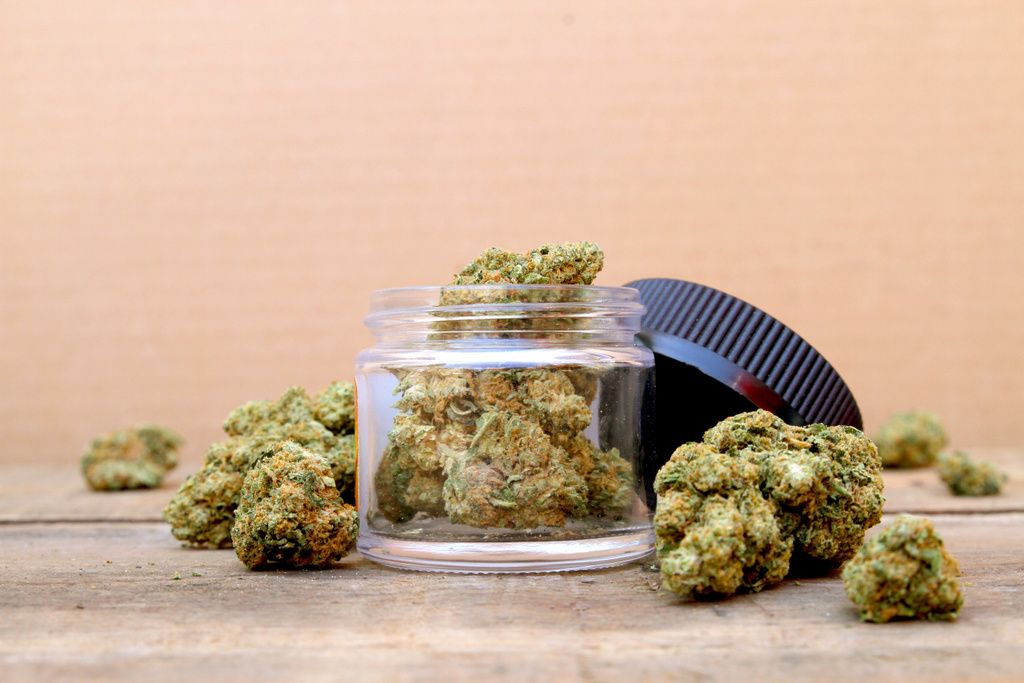A Washington State House committee voted this morning to pass legislation requiring cities to get voter approval before they can ban marijuana businesses.

House Bill 1650 was approved today through the House Committee on Regulated Substances & Gaming. The proposed law would “ban local governments from prohibiting cannabis retail businesses in their jurisdiction after July 1, 2027, unless a majority of voters in the jurisdiction voting in a general election vote to approve an ordinance prohibiting cannabis retailers.”
Proponents of the measure call this an important step forward, given that a majority of cities do not allow marijuana stores despite the state legalizing marijuana in 2012. In many of the cities that have banned marijuana stores, their city council did so despite a majority of the city voting to approve Initiative 502 to legalize marijuana.
State Representative Sharon Wylie, co-chair of the committee, said “It’s been 10 years. I believe we should do everything possible for a regulated substance to be treated as much as possible like other regulated substance. In our alcohol system cities and counties must take a vote to not make that substance legal in their community.”
The proposal specifies:
Until July 1, 2032, an amount equivalent to the total cannabis excise taxes generated by retail outlets in cities, towns, and counties that, on the effective date of the act, have a ban or moratorium on the operation or siting of cannabis retailers and have no cannabis retailers operating in their jurisdiction, and that, after the effective date of the act, authorize cannabis retail activity, must be disbursed annually as follows: (1) 50 percent of funds must be used to support substance abuse disorder prevention treatment services including development of best practices for programs and services; and (2) 50 percent of funds must be used for cannabis research including research conducted by the University of Washington and Washington State University.
For the full text of House Bill 165 click here. The measure was also passed by the committee last year (6 to 5), but it didn’t advance out of the House of Representatives prior to the end of the legislative session.
The measure must now be passed through one more committee before it can be considered by the full House of Representatives. If it’s passed through the House, it must be approved by the Senate before it can be sent to Governor Jay Inslee.







